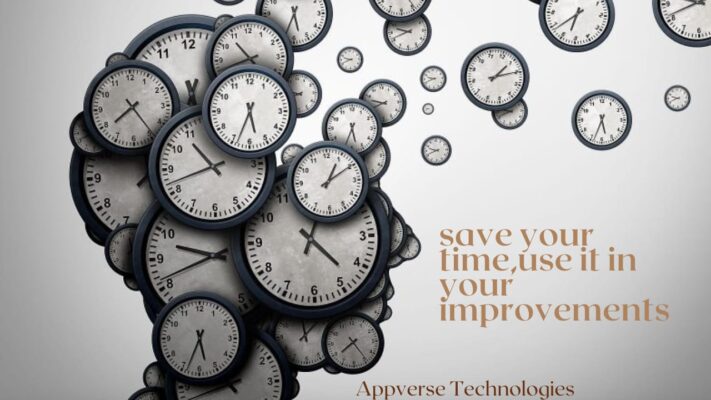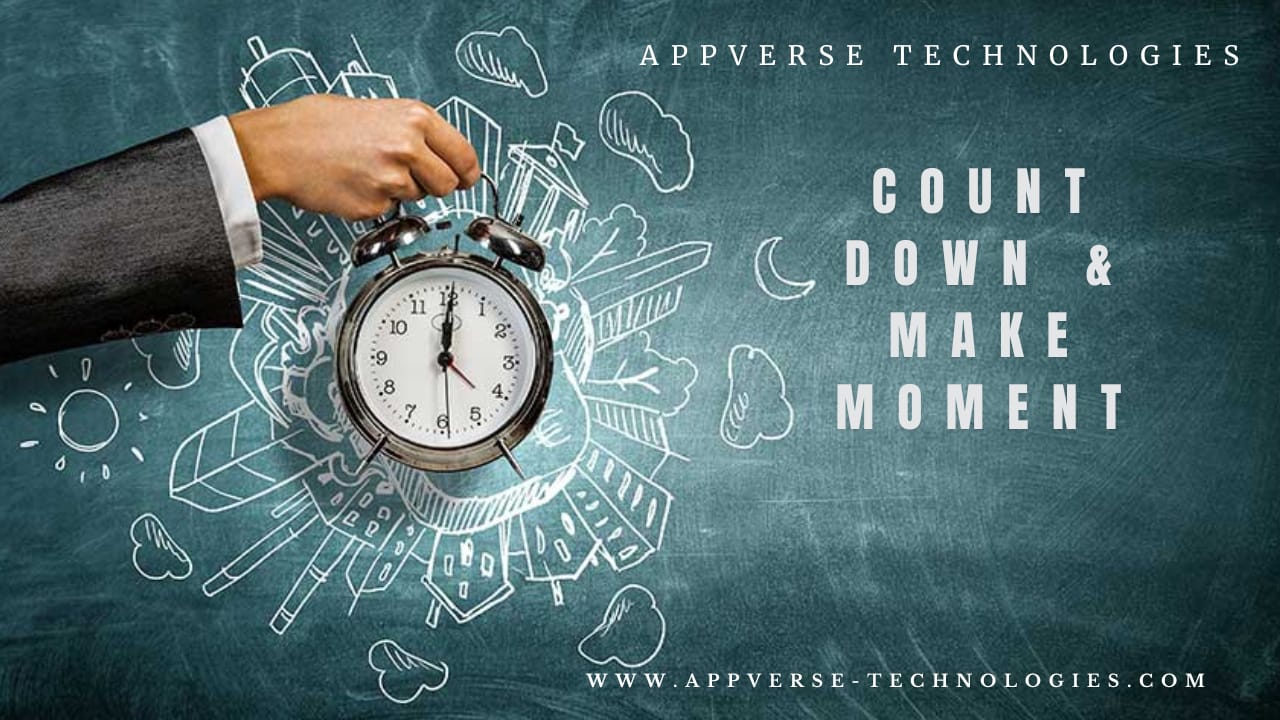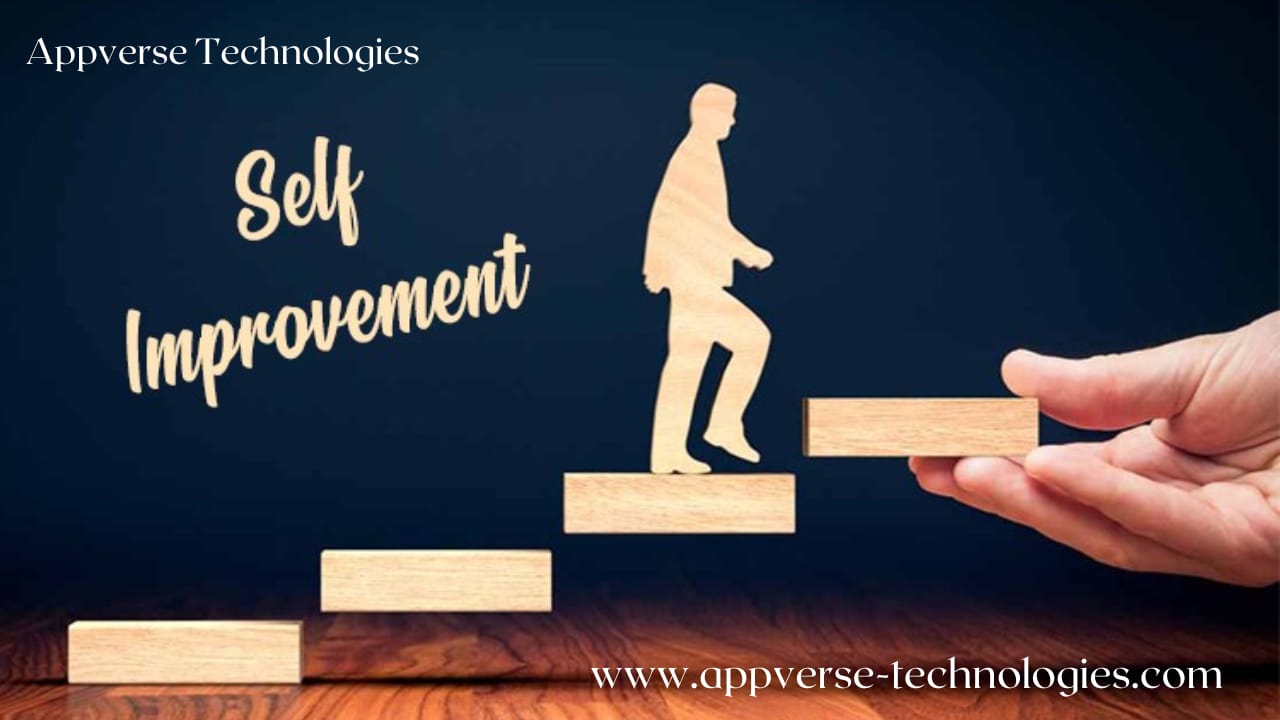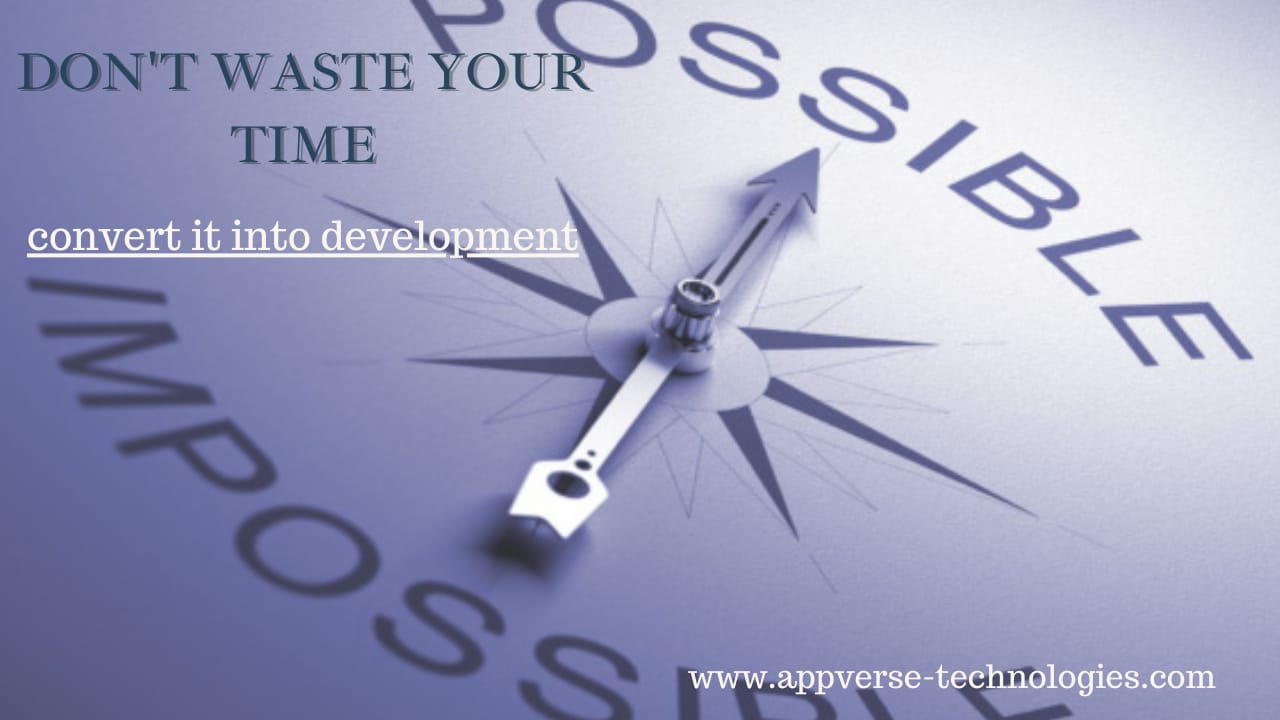
Time management is the process of planning and controlling how much time is spent on different activities to maximize efficiency and productivity. It involves setting priorities, allocating time for specific tasks, and managing distractions to achieve goals and objectives. Effective time management enables individuals to:
- Prioritize tasks and focus on high-priority activities
- Allocate sufficient time for each task
- Minimize time wastage and procrastination
- Meet deadlines and achieve goals
- Reduce stress and feel more in control
- Improve work-life balance
- Enhance productivity and efficiency
- Make time for personal development and self-care
Good time management skills include:
- Goal-setting
- Prioritization
- Scheduling
- Time tracking
- Task management
- Avoiding distractions
- Delegation
- Taking breaks and practicing self-care
By implementing effective time management strategies, individuals can optimize their productivity, reduce stress, and achieve a better balance between work and personal life.
how to save time:
Effective time management is a crucial skill for achieving success in today’s fast-paced world. With numerous tasks competing for our attention, it’s easy to get bogged down and struggle to stay on top of things. However, by implementing a few simple strategies, we can save time, increase productivity, and enjoy a better work-life balance.
First and foremost, prioritization is key. Not all tasks are created equal, and it’s essential to focus on the most critical ones first. The Eisenhower Matrix is a helpful tool for categorizing tasks into urgent vs. important, enabling us to tackle the most critical ones first. By prioritizing our tasks, we can ensure that we’re making progress on our most important goals and avoid getting bogged down in less critical activities.
Scheduling is another vital component of effective time management. By allocating specific time slots for tasks, we can avoid procrastination and stay on track. Time-blocking is a helpful technique for scheduling tasks, allowing us to dedicate focused time to each activity without interruptions or distractions. Additionally, leaving some buffer time between tasks can help us transition smoothly and avoid burnout.
Avoiding distractions is also crucial for saving time. Social media, email, and phone notifications can be significant time wasters, and it’s essential to limit our exposure to these distractions during work periods. Implementing a “no meeting day” or setting aside specific times for checking email and social media can help us stay focused and avoid getting sidetracked.
Delegation is another effective way to save time. By delegating tasks to others, we can free up our time and focus on high-priority activities. This not only saves us time but also helps develop the skills and abilities of our team members or colleagues.
Finally, regularly reviewing and adjusting our time management strategy is essential. As our priorities and tasks change, our time management approach must also adapt. By regularly assessing our productivity and identifying areas for improvement, we can refine our approach and optimize our time usage.
Conclusions
In conclusion, effective time management is a skill that requires effort and dedication, but the rewards are well worth it. By prioritizing tasks, scheduling our time, avoiding distractions, delegating tasks, and regularly reviewing our approach, we can save time, increase productivity, and achieve our goals. Remember, time is a precious resource, and managing it effectively is crucial for success in today’s fast-paced world.

The importance of time:
Time is a precious and limited resource that plays a crucial role in our lives. It is a universal concept that governs our existence, and its effective management is essential for achieving success and happiness. The importance of time lies in its ability to shape our experiences, relationships, and accomplishments.
Firstly, time is a finite resource, and its efficient use is critical for achieving our goals and aspirations. The way we utilize our time determines our productivity, creativity, and innovation. Effective time management enables us to prioritize tasks, set deadlines, and accomplish our objectives, leading to a sense of fulfillment and satisfaction.
Secondly, time is a key factor in building and maintaining relationships. Spending quality time with loved ones, friends, and colleagues strengthens bonds, fosters empathy, and creates lasting memories. Time invested in nurturing relationships leads to a support network, which is essential for personal and professional growth.
Thirdly, time is a critical component of personal growth and development. The way we use our time determines our learning, skill-building, and self-improvement. Investing time in self-care, education, and skill development enhances our knowledge, wisdom, and character, leading to a more fulfilling life.
Fourthly, time is a limited resource that cannot be reversed or regained. Once lost, time is gone forever, making it essential to make the most of every moment. The importance of time lies in its ability to teach us the value of prioritization, focus, and productivity.
Lastly, time is a universal equalizer, and its effective management is crucial for achieving success and happiness. Regardless of our background, wealth, or status, we all have the same 24 hours in a day. How we utilize our time determines our accomplishments, relationships, and personal growth.
Conclusion
Time is a precious resource that plays a vital role in our lives. Its effective management is crucial for achieving success, building relationships, personal growth, and making the most of every moment. By prioritizing time, we can optimize our productivity, foster meaningful connections, and create a fulfilling life.

Time is beneficial for the future in numerous ways:
- Preparation: Time allows us to prepare for future challenges and opportunities, enabling us to develop skills, knowledge, and strategies to succeed.
- Goal achievement: Time helps us set and achieve long-term goals, leading to personal and professional growth.
- Learning from mistakes: Time enables us to learn from past mistakes, reflect on experiences, and make better decisions in the future.
- Building relationships: Time invested in relationships strengthens bonds, fosters trust, and creates a support network for the future.
- Personal growth: Time allows us to develop new skills, build character, and become better versions of ourselves.
- Financial security: Time enables us to save, invest, and plan for a secure financial future.
- Health and wellness: Time devoted to self-care, exercise, and healthy habits leads to a stronger, healthier future.
- Innovation and progress: Time allows us to innovate, invent, and make progress in various fields, shaping a better future for generations.
- Legacy: Time enables us to create a lasting legacy, making a positive impact on the world for years to come.
- Wisdom and insight: Time grants us wisdom, perspective, and insight, helping us make informed decisions and navigate life’s challenges.
By valuing and utilizing time effectively, we can create a brighter, more successful future for ourselves and those around us.

Self-Improvement:
Self-improvement is the process of making conscious efforts to enhance one’s character, skills, and overall quality of life. It involves identifying areas for improvement, setting goals, and working towards achieving them. This lifelong journey requires dedication, resilience, and a growth mindset.
Self-improvement encompasses various aspects, including personal growth, skill development, physical health, mental health, relationships, productivity, financial literacy, and spiritual growth. By focusing on these areas, individuals can develop emotional intelligence, acquire new skills, maintain physical and mental well-being, build positive relationships, achieve more in less time, manage finances effectively, and deepen their connection with their values and purpose.
The benefits of self-improvement are numerous. It can increase confidence and self-esteem, enhance resilience and adaptability, improve relationships and communication skills, boost productivity and efficiency, lead to better physical and mental health, provide a sense of purpose and fulfillment, increase earning potential and financial security, and cultivate a growth mindset and ability to adapt to change.
To embark on a self-improvement journey, one can set specific, measurable, and achievable goals, seek feedback from others and engage in self-reflection, develop a growth mindset and embrace challenges, practice self-care and prioritize physical and mental health, seek out learning opportunities and mentorship, surround yourself with positive influences and supportive people, embrace failure and view it as an opportunity for growth, and celebrate small victories and acknowledge progress. By doing so, individuals can enhance their quality of life, achieve their goals, and become the best version of themselves.

We need to improve ourselves for several reasons:
- Personal Growth: Self-improvement leads to personal growth, enabling us to reach our full potential and become better versions of ourselves.
- Adaptation to Change: The world is constantly changing, and self-improvement helps us adapt and stay relevant in the face of new challenges and opportunities.
- Increased Confidence: Self-improvement boosts our confidence and self-esteem, allowing us to tackle challenges and pursue our goals with greater certainty.
- Better Relationships: Improving ourselves leads to better relationships, as we become more empathetic, communicative, and understanding.
- Success and Achievement: Self-improvement is essential for achieving success in various areas of life, such as career, education, and personal goals.
- Role Modeling: When we improve ourselves, we set a positive example for others, inspiring them to do the same.
- Increased Productivity: Self-improvement enhances our productivity, time management, and organizational skills, allowing us to accomplish more in less time.
- Resilience and Coping: Improving ourselves helps us develop resilience and better coping mechanisms, enabling us to handle stress, anxiety, and adversity more effectively.
- Purpose and Fulfillment: Self-improvement helps us discover our passions and purpose, leading to a more fulfilling life.
- Legacy: By improving ourselves, we create a lasting legacy, making a positive impact on the world and inspiring future generations.

Mastering Time Management and Self-Improvement: The Key to Unlocking Your Potential
In today’s fast-paced world, effective time management and self-improvement are crucial for achieving success and living a fulfilling life. By prioritizing tasks, setting goals, and dedicating time to personal growth, you can unlock your potential and reach new heights. In this blog, we’ll explore the importance of time management and self-improvement, providing practical tips and strategies to help you get started.
Time Management: The Foundation of Productivity
Effective time management is the cornerstone of productivity. By prioritizing tasks, you can:
- Focus on high-priority tasks
- Minimize distractions
- Maximize output
- Reduce stress
Top Time Management Tips:
- Set clear goals and deadlines
- Use a planner or calendar
- Break tasks into smaller chunks
- Eliminate multitasking
- Take regular breaks
Self-Improvement: The Path to Personal Growth
Self-improvement is the process of enhancing your skills, knowledge, and personal qualities. By dedicating time to self-improvement, you can:
- Develop new skills
- Boost confidence
- Enhance creativity
- Improve relationships
- Increase productivity
Top Self-Improvement Tips:
- Set aside time for self-reflection
- Identify areas for improvement
- Seek feedback and mentorship
- Practice mindfulness and self-care
- Embrace lifelong learning
Conclusion
Mastering time management and self-improvement requires commitment and dedication, but the rewards are immeasurable. By prioritizing your time and focusing on personal growth, you can achieve your goals, unlock your potential, and live a fulfilling life. Remember, every small step counts, and consistent effort leads to lasting success. Start your journey today and watch your life transform in incredible ways!
.
